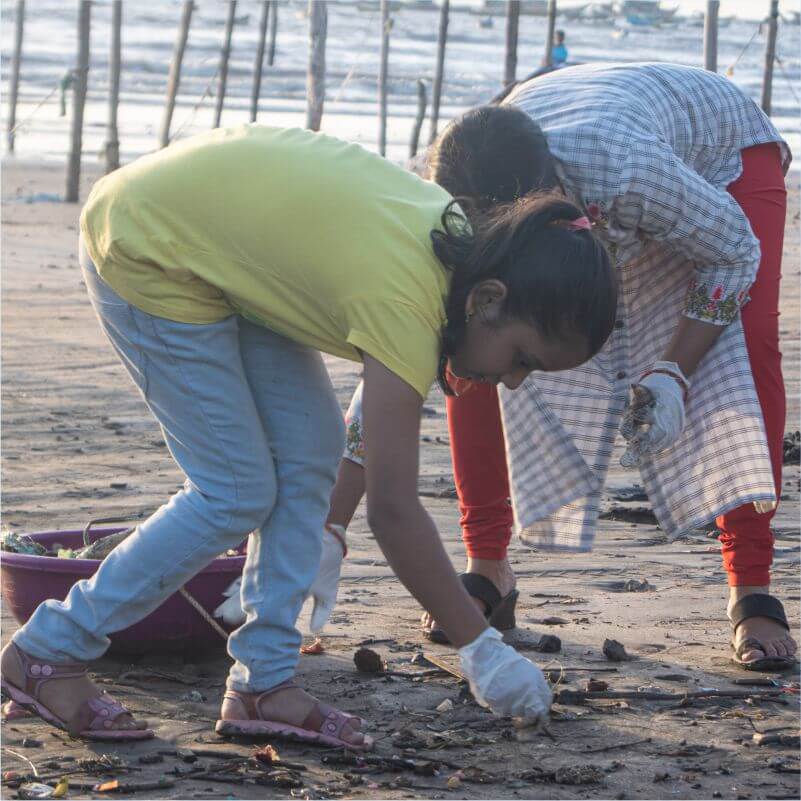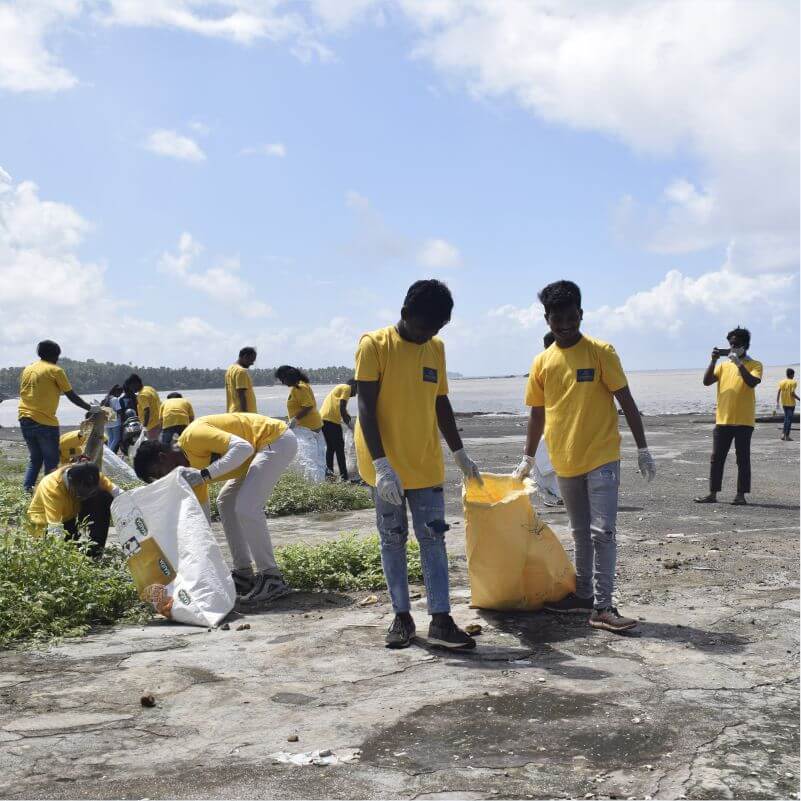World Wetlands Day, observed annually on February 2nd, serves as a dedicated occasion to create awareness about the role of wetlands in promoting global health and the overall well-being of all living organisms. Commencing in 1997, this day commemorates the adoption of the Ramsar Convention on Wetlands in 1971, an international treaty established to safeguard these vital ecosystems.
The Importance of Wetlands:
Wetlands are diverse ecosystems that encompass a range of habitats, including marshes, estuaries, swamps, lagoons, deltas, mangroves etc. Despite often being overlooked, the wetlands play a pivotal role in maintaining the balance of our environment and providing numerous ecological, economic, and social benefits.
- Biodiversity Hotspots: Wetlands are rich in biodiversity and serve as habitats for countless plant and animal species. Many endangered and migratory species rely on wetlands as their journeys' breeding grounds, nurseries, and stopover points.
- Water Purification: Acting as nature's water purifiers, wetlands help filter and cleanse water by trapping pollutants, sediments, and excess nutrients. This natural filtration process improves water quality, benefiting both aquatic ecosystems and human communities downstream.
- Flood Control: Wetlands act as natural buffers against floods by absorbing and storing excess water during heavy rains or storm surges. They play a crucial role in minimising the impact of natural disasters and protecting nearby communities from flooding.
- Climate Regulation: Wetlands play a vital role in climate regulation. They store large amounts of carbon, helping to mitigate climate change by reducing the amount of greenhouse gases in the atmosphere. Additionally, they contribute to local climate regulation by maintaining temperature and humidity levels.
- Wetlands are also important recreational areas, offering opportunities for activities such as bird watching, fishing, and eco-tourism. Moreover, many indigenous communities have deep cultural connections to wetlands, considering them sacred and vital to their traditions.

Understanding the Threats to the Wetlands:
Despite their immense ecological significance, wetlands are facing numerous threats, including habitat destruction, pollution, climate change, and unsustainable land use practices. Human activities such as drainage, agriculture, urbanization, and over-extraction of water pose serious risks to the health of these ecosystems. World Wetlands Day serves as a reminder of the need to protect and conserve these critical ecosystems.

Ways to Contribute to World Wetlands Day Celebration:
Gain and share knowledge: Learn more about wetlands and their importance. Organize events and seminars to share the knowledge with your community to raise awareness about the ecosystems.
Support Local Events: Join or support local environmental organizations and initiatives that work towards wetland conservation. Participate in clean-up events, tree planting, or educational programs focused on wetland protection.
Practice Responsible Tourism: If you enjoy visiting wetlands for recreational activities, make sure to follow responsible tourism practices. Stay on designated paths, avoid disturbing wildlife, and adhere to guidelines aimed at minimizing human impact.
World Wetlands Day is an important occasion to reflect on the importance of wetlands and the urgent need to protect them. By understanding the value of these ecosystems and actively participating in conservation efforts, we can contribute to a healthier planet for current and future generations
Child Help Foundation, along with its crowd-funding partner Filaantro has been organizing several beach cleaning drives in and around Mumbai. So far, their combined efforts have successfully collected and removed 1, 85,960 kgs of debris and plastic materials saving millions of aquatic life.
On World Wetlands Day, let's celebrate the wonders of wetlands and commit to preserving these invaluable natural resources
